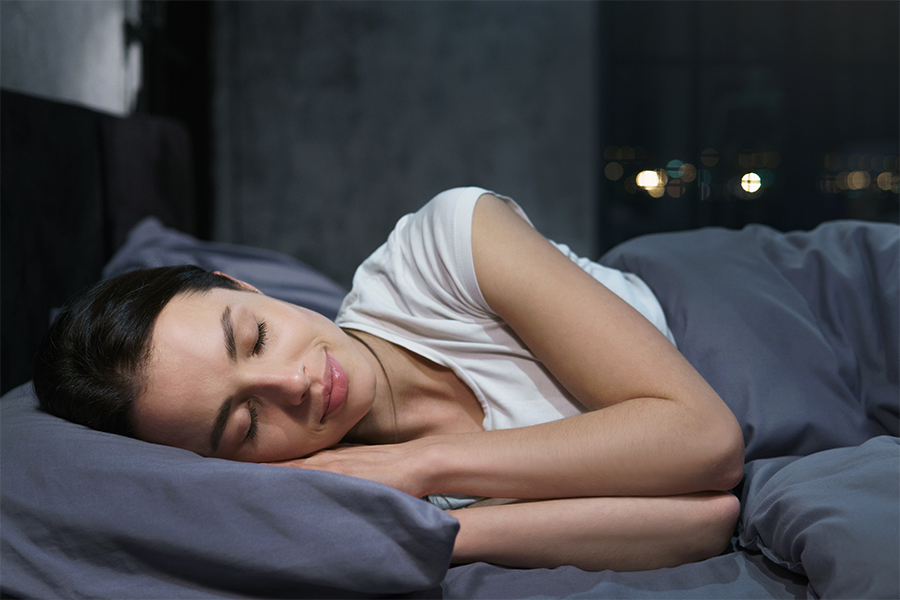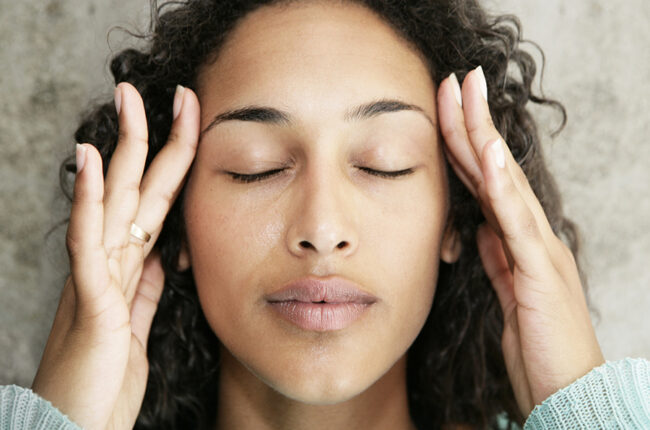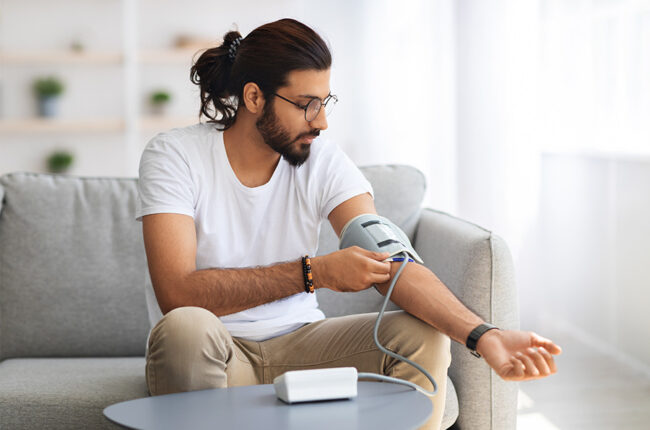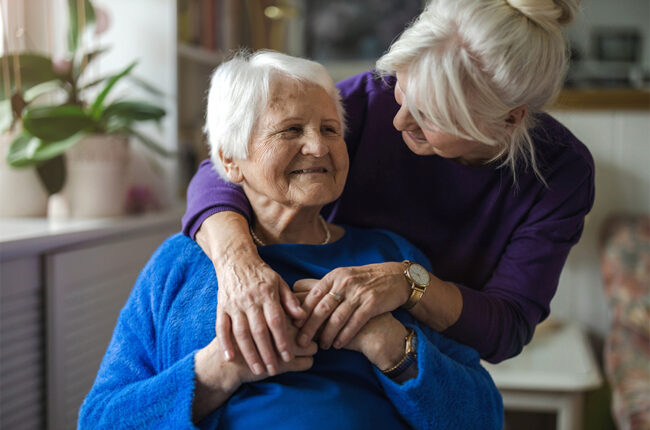Sleep is an important part of your overall physical and mental health. Depending on how well you sleep can determine how you feel during the day. It helps your body to recover after a workout, sickness or surgery. It helps your brain reset and create new pathways which helps you learn, make decisions easier and retain information better. Sleep deficiency, on the other hand, has been linked to obesity, heart and kidney disease, diabetes and even stroke.
In order to get a good night’s sleep every night, consider these four tips from VEBA Resource Center’s Director of Coaching, Robert Cappuccio, to improve the quality and quantity of your nightly ZZZ’s.
Tip #1: Stage Your Sleep Environment
Where you sleep can make a huge difference in how you sleep. About an hour before you are ready for bed, shut off the TV and electronic devices — including your phone! Then, when you are ready to hit the sack, make sure you make your room as dark as possible. Pull the shades, close the blinds and maybe get a sleep mask.
Another tip to make your sleep sound is to keep your room cool. According to Chris Winter, MD, president of Charlottesville Neurology and Sleep Medicine in Virginia, your room temperature should be set between 60 – 67 degrees Fahrenheit, with the ideal for improving sleep quality being 65 degrees. Helping your core temperature drop, which naturally happens during sleep, can help you fall asleep faster.
Tip #2: Stay Active
It may seem a little counter-intuitive — get active to sleep better. Daily movement, not too close to bedtime, helps promote better sleep. Just 30 minutes per day of moderate aerobic exercise can positively impact sleep quality, according to Charlene Gamaldo, M.D., medical director of Johns Hopkins Center for Sleep at Howard County General Hospital. Pick an exercise you like and try to do it every day for better sleep.
Tip #3: Get Outside
It’s also important to soak up the sun! A Finnish study published in the Journal of Neuroendocrinology found that when two groups of rats were exposed to the same amount of light, one group fluorescent, the other natural sunlight, after one week the group that was exposed to natural sunlight produced significantly more melatonin than the group exposed to artificial light. Melatonin is a hormone produced by the Pineal gland that among other things, helps to regulate sleep-wake cycles in the body. Try and get outside everyday to help your sleep journey.
Tip #4: Keep a Worry Journal
Do your worries or what you need to do the next day keep you awake at night? Before bedtime write down the most pressing worries of the day. Also, make a to-do list for the next day and prioritize the top 2-3 items. This way you can file your worries and priorities away for the next day, so they don’t take up any mental bandwidth in your mind at night.
As you embark on your health journey, be sure to include sleep as part of the equation. For more tips on a good night’s sleep, read How to Get Good, Quality Sleep or watch “How to Get Quality Sleep” to reinforce the importance of journaling before bed.









